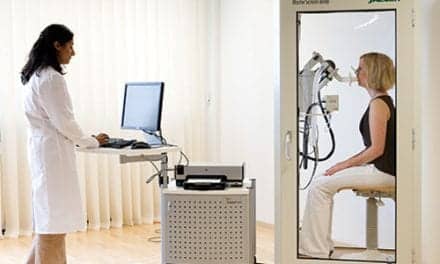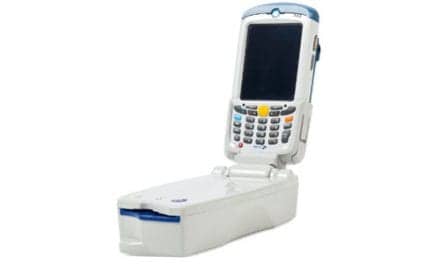TriCenturion’s recently released oximetry guidelines relegate DMEs to the role of courier

The July 2005 CMS transmittal focused on the delivery of oximetry equipment, beneficiary instruction of use, and oximetry equipment ownership,3 while the TriCenturion bulletin clarifies the role of the prescribing physician, the scope of the DME provider, and the responsibilities of the independent diagnostic testing facility (IDTF).
The clarified guidelines state:
1. A physician must first submit an order to the IDTF prior to the administration of an overnight pulse oximetry test.
2. Only the IDTF can perform and instruct the beneficiary during the self-administered overnight oximetry test. It is the sole responsibility of the IDTF to provide clear, written instructions for the proper operation of the oximetry equipment. The DME provider cannot participate in the creation of these instructions. Furthermore, the IDTF must be available to assist the beneficiary at any time during the test administration.
3. A DME may own and deliver oximetry equipment to a Medicare beneficiary, but the DME provider cannot offer any verbal instruction, answer any questions from the beneficiary, apply or demonstrate the application of the testing equipment, or participate in any way in the conduct of the test.
4. The DME provider may use related technology to download the test data from the oximeters and transmit the data to the IDTF but may not have access to or manipulate the test data in any form. Furthermore, the oximetry test equipment must be sealed and tamper-proof so that the test data cannot be accessed by anyone other than the IDTF.
5. Only the IDTF may present the test report to the prescribing physician.
6. For the purpose of qualifying Medicare beneficiaries for home oxygen therapy, the DME provider’s participation in the overnight oximetry test is limited to the delivery of the oximetry equipment to and from the beneficiary’s residence. The DME provider cannot be involved in any oximetry test performed while the beneficiary is awake—either at rest or with exercise.
7. DME providers are warned against soliciting, or actively marketing, a physician for an order to perform an overnight oximetry test on behalf of a beneficiary.
For DME providers to ensure compliance with recently published guidelines, providers must choose oximetry testing equipment that requires minimal effort for a self-administered test by the beneficiary and avoid cumbersome equipment that would require the assistance of a DME technician for the installation of the testing equipment.
DME providers are cautioned that overnight oximetry tests must be performed upon the request of the treating physician; the DME provider should avoid marketing the physician for orders to conduct overnight oximetry tests.
It is essential for DME providers to choose a Medicare-enrolled IDTF, offering around-the-clock beneficiary support.
In the overnight oximetry test and home oxygen therapy qualification process, the DME provider must take the simple role of a courier—an ironic title this industry is fighting to avoid.
Nick Letson is with O2 Test Inc and www.O2Test.com, a Web-based software solution for the process of qualifying patients for home oxygen therapy.
References
1. Oximetry Testing—Supplier Involvement. Available at: www.tricenturion.com/content/currentbulleting_dyn.cfm Accessed August 1, 2006.
2. Overnight oximetry testing. Available at: www.cms.hhs.gov/transmittals/2005trans/list.asp Accessed August 1, 2006.
3. ABCs of new pulse ox testing technology. HME News; October 2005.










